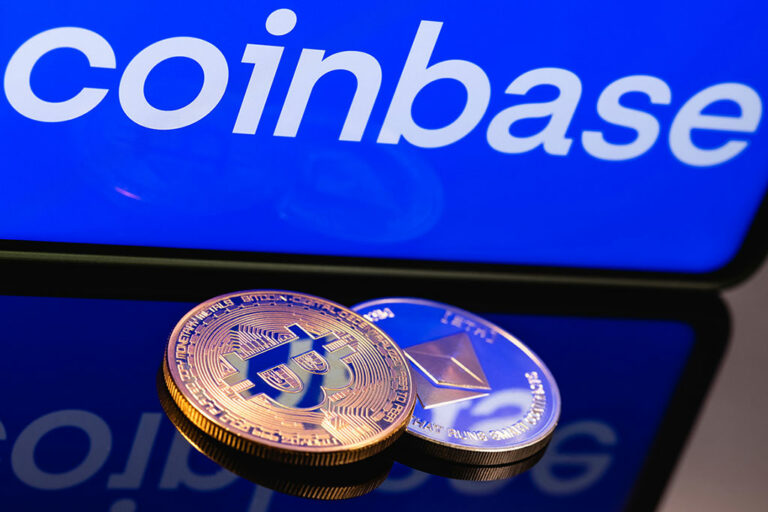Amid concerns about funds safety in exchanges, users have been advised to manage their digital assets using self-custodial wallets.
David Schwartz, the CTO of Ripple Labs Inc, recently contributed to a conversation regarding the safety of users’ funds on Coinbase Global Inc (NASDAQ: COIN). Schwartz, not entirely dismissing Coinbase, warned the crypto community that funds locked in crypto exchanges are not safe.
David Schwartz’s Reveal on Coinbase Safety
The conversation about using Coinbase as a crypto storage platform began with Joe Carlasare, a Bitcoin supporter. In a post on social media platform X, Carlasare highlighted that individuals become an exchange’s unsecured creditor when they deposit money into the crypto trading platforms.
He explained that they have little to no rights if the exchange goes bankrupt because their deposited fund is likened to giving a loan without collateral. One X user, however, asked whether it is the same experience for Coinbase users since the exchange partners with an FDIC-insured bank.
This was when Ripple’s CTO interrupted the conversation. He explained that FDIC insurance only protects individuals if the bank fails. Elaborating further, he said users whose funds are held in Coinbase will still lose if Coinbase fails and there’s not enough money in the bank.
FDIC insurance only protects you if the bank fails. If Coinbase fails and there's not enough money in the bank, you still lose. This recently happened with Synapse.
— David "JoelKatz" Schwartz (@JoelKatz) July 12, 2024
The conversation got more interesting when the X user mentioned the possibility of Coinbase using FDIC-insured banks to hold each customer’s USD funds separately. They believe this may be the safest method as customers’ USD would be held by the bank instead of Coinbase.
While Schwartz agreed it could work, he noted that Coinbase would require sufficient records to determine who it belongs to. Overall, the conversation highlights the tricky dynamics of keeping your crypto safe. Although platforms like Coinbase are convenient, there is the risk of losing funds in the event of hacks, mismanagement, and insolvency.
Take, for instance, the collapse of the now-defunct FTX Derivatives exchange which saw many investors lose funds due to mismanagement by the former CEO, Sam-Bankman-Fried. As reported in our former article, the defunct exchange still owes creditors over $1 billion.
Is Self-Custody the Way Out?
Amid concerns about funds safety in exchanges, users have been advised to manage their digital assets using self-custodial wallets. It is a decentralized crypto wallet that gives users full control over their digital assets. This means that they are the only ones in possession of cryptographic keys to access the wallet and perform various functions such as transferring crypto.
In December, United States Senators introduced a new bill to give users power over their assets. The bill aims to remove intermediaries like crypto exchanges so that crypto holders maintain full custody of their assets. The bill also hopes to prevent interference from the Federal government.
However, it is important to note that users could lose their funds permanently if they lose access to the private key used for securing their private wallets. So before storing crypto in a self-custody wallet, it might be best to keep this in mind.
next